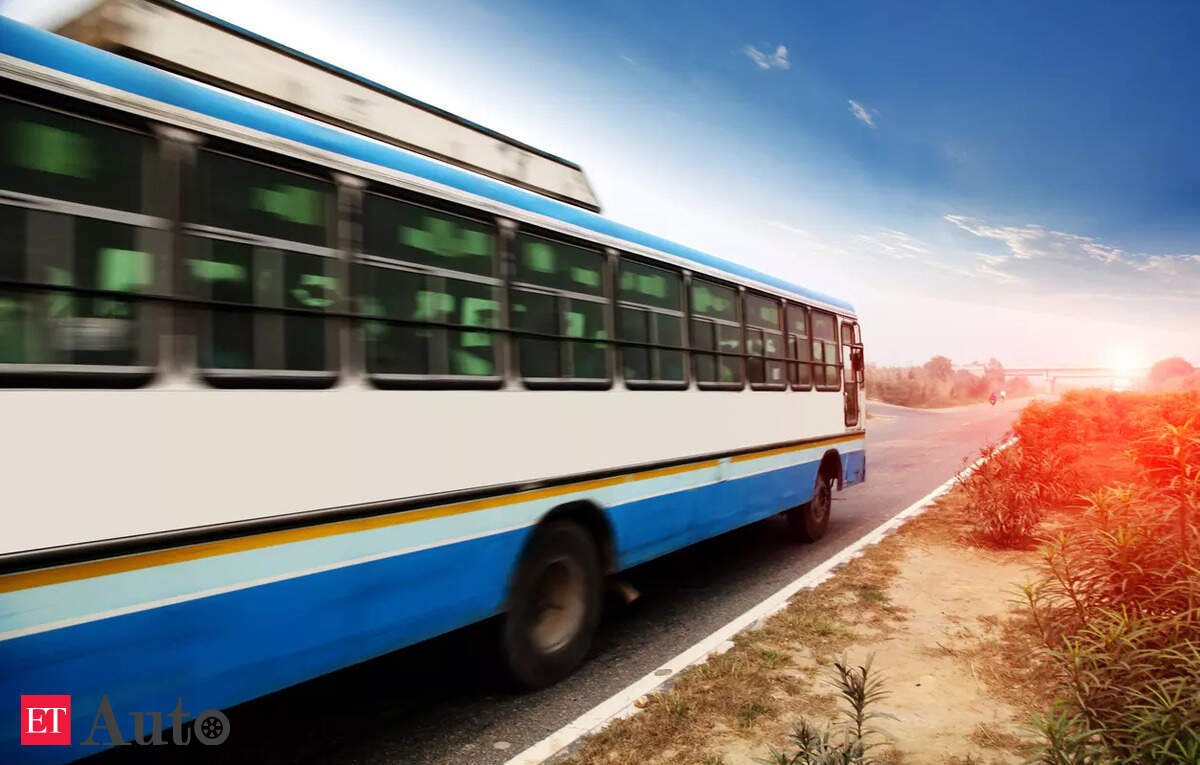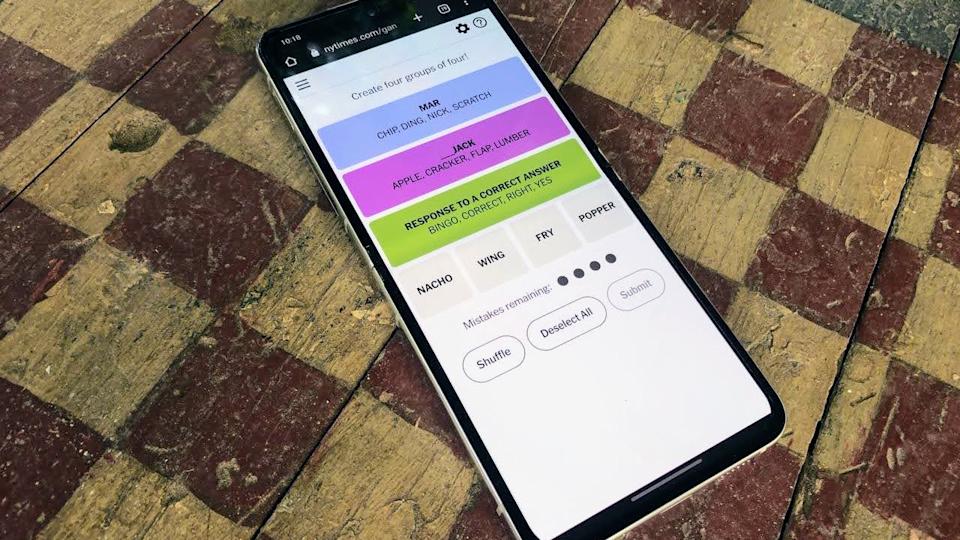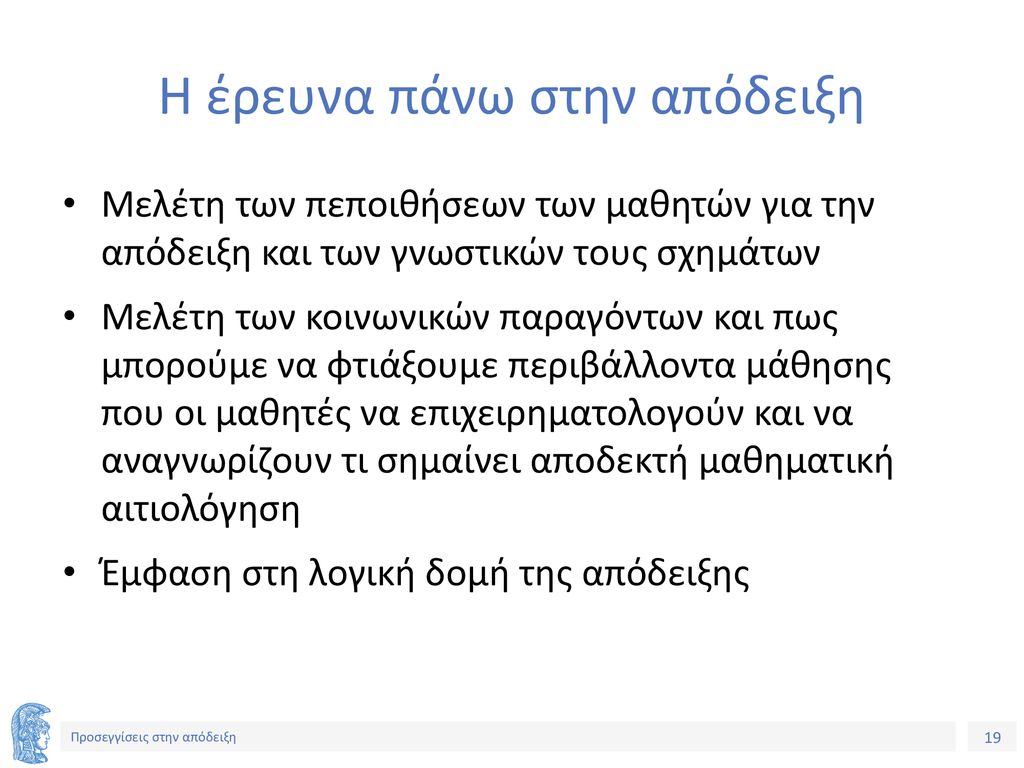Bare Beating: A Call For Better Public Transport Etiquette

Table of Contents
The Top Public Transport Pet Peeves
Public transport, while a vital service, often becomes a breeding ground for frustrating behaviors. Let's tackle some of the most common offenders and find ways to improve our collective commute.
Personal Space Invasion
Personal space is a fundamental need, especially during a busy commute. On crowded trains and buses, respecting personal boundaries becomes crucial. Feeling encroached upon leads to stress and discomfort.
-
Examples of Personal Space Violations:
- Standing uncomfortably close to others.
- Leaning heavily on fellow passengers.
- Allowing large bags to encroach on personal space.
- Failing to move to allow others to board or alight.
-
Solutions for Maintaining Personal Space:
- Be mindful of the space you occupy.
- Keep bags close to your body or under your seat.
- Offer a seat to those who need it, freeing up space.
- Be aware of your body posture and avoid leaning or sprawling.
Loud Conversations and Music
Noise pollution is a major contributor to the unpleasantness of public transport. Loud conversations and booming music create an unwelcome auditory assault for fellow passengers.
-
Examples of Disruptive Noise:
- Loud phone calls with boisterous laughter or shouting.
- Music played without headphones at a high volume.
- Engaging in loud, animated conversations.
-
Solutions for Noise Reduction:
- Use headphones for music or podcasts.
- Keep conversations low and respectful of others' quiet time.
- Be mindful of your volume, particularly in quieter carriages.
- Consider the time of day and choose your conversation topics accordingly.
Seat Hogging and Blocking Aisles
Taking up more than your fair share of space is another major source of public transport frustration. Leaving bags on empty seats or blocking aisles causes significant inconvenience to others.
-
Examples of Space Hogging:
- Leaving bags or belongings on multiple seats.
- Sprawling across multiple seats.
- Blocking the aisle with luggage or strollers without consideration.
-
Solutions for Responsible Space Usage:
- Only occupy the number of seats you need.
- Keep bags on your lap or under your seat.
- Be aware of your surroundings and avoid blocking walkways.
- If using a stroller or large luggage, try to position yourself where it doesn’t impede others.
Beyond the Basics: Acts of Kindness and Consideration
Beyond avoiding irritating behaviors, we can actively cultivate a more pleasant atmosphere through acts of kindness and consideration.
Offering Seats to the Elderly and Disabled
Prioritizing seats for those who need them most is a simple yet impactful act of compassion.
-
Importance of Offering Seats:
- Elderly and disabled passengers may have mobility limitations requiring them to sit.
- Offering seats demonstrates respect and consideration for others' needs.
-
How to Offer a Seat:
- Be proactive; don't wait to be asked.
- Offer a seat politely and with a smile.
- Be mindful that some may have invisible disabilities.
Helping Others with Luggage or Mobility
A little assistance can go a long way in making someone's commute easier.
-
Examples of Assistance:
- Helping with heavy bags or luggage.
- Assisting someone using a wheelchair or other mobility device.
- Guiding someone who appears lost or disoriented.
-
How to Offer Help:
- Be observant of those who might need assistance.
- Offer help politely and respectfully.
- Be mindful of their needs and limitations.
Keeping Public Transport Clean
Maintaining cleanliness is a collective responsibility. Responsible waste disposal and general tidiness contribute significantly to a positive commute experience.
-
Maintaining Cleanliness:
- Dispose of trash properly.
- Clean up after yourself.
- Report spills or messes to relevant authorities.
-
How to Contribute:
- Carry a small bag for your trash.
- Be mindful of your belongings and avoid dropping them.
- Report any issues to station or transport staff.
Conclusion
Bare beating—the frustration of poor public transport etiquette—is a pervasive issue, but we can collectively work to improve the situation. By respecting personal space, minimizing noise pollution, using space responsibly, and extending acts of kindness, we can transform our commutes. Let’s end bare beating together! Commit to considerate commuting and help create a more pleasant public transport experience for everyone. #ConsiderateCommuting #PublicTransportEtiquette

Featured Posts
-
 Arenado Contract Dispute Latest Updates And Potential Outcomes
May 19, 2025
Arenado Contract Dispute Latest Updates And Potential Outcomes
May 19, 2025 -
 Solve Nyt Connections Puzzle 670 April 11 With These Hints And Answers
May 19, 2025
Solve Nyt Connections Puzzle 670 April 11 With These Hints And Answers
May 19, 2025 -
 Major League Baseball Trade Rumors Robert Jr Arenado And The Pirates
May 19, 2025
Major League Baseball Trade Rumors Robert Jr Arenado And The Pirates
May 19, 2025 -
 Eurovision 2024 Infe Poll Esc Todays Ninth Edition Is Here
May 19, 2025
Eurovision 2024 Infe Poll Esc Todays Ninth Edition Is Here
May 19, 2025 -
 Syntrivi Enatenisis Odigos Gia Tin Katanoisi Kai Tin Antimetopisi
May 19, 2025
Syntrivi Enatenisis Odigos Gia Tin Katanoisi Kai Tin Antimetopisi
May 19, 2025
